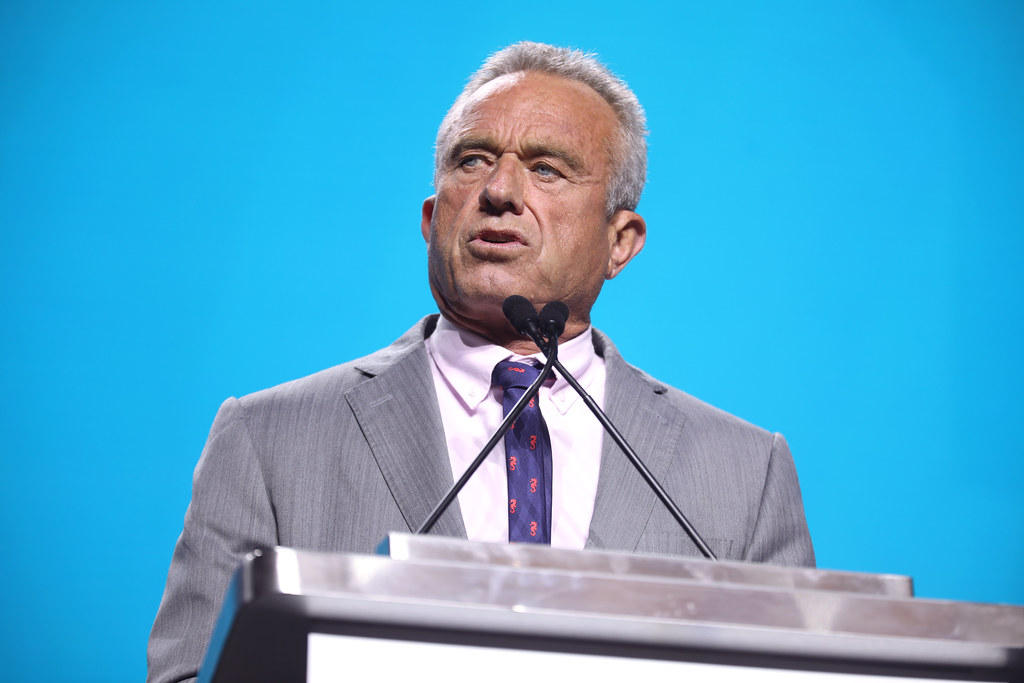Health and Human Services Secretary Robert F. Kennedy Jr. announced alongside President Donald Trump that “effective immediately, the Food and Drug Administration will be notifying physicians that the use of acetaminophen during pregnancy can be associated with a very increased risk of autism” on Sept. 22.
Tylenol, the most common household brand of acetaminophen, is “one of the only safe anti-fever medications that can be taken in pregnancy,” according to Maternal-Fetal Medicine Specialist Dr. Lindsay Maggio. Dr. Maggio told Hi’s Eye that “to the best evidence we have at this time, over decades of research, Tylenol is safe to take in pregnancy,” outweighing the risks of an unchecked fever.
Kennedy also announced the administration’s intentions to update their label on leucovorin — a drug currently used to alleviate side effects of chemotherapy — for use as a treatment for autism symptoms.
Despite the administration’s confidence, experts have raised concerns over the lack of credibility behind these recommendations and worry about what message Americans will take away.
According to nytimes.com, while the paper Kennedy cited to support his claims found an association between neurodevelopmental disorders and acetaminophen use during pregnancy, it provides no evidence that acetaminophen was actually the cause of these conditions.
The distinction between correlation and causation was lacking in last week’s statement, with Trump blatantly calling Tylenol “no good” and at times telling pregnant mothers to “tough it out” instead of addressing the continued uncertainty around Tylenol and autism.
Just after the announcement, a statement from the American College of Obstetricians and Gynecologists said Kennedy’s claims were “not backed by the full body of scientific evidence and dangerously simplifies the many and complex causes of neurologic challenges in children.” Dr. Maggio said that the administration’s announcements “[create] distrust of the medical community by the public, when they are not sure who to trust or believe,” noting the conflict between last week’s claims and established medical research.
Trump also repeated claims that modern vaccines were another cause of autism, stating, “There are certain groups of people that don’t take vaccines and don’t take any pills that have no autism.”
According to WHS School Nurse Robert Ripper, “The main concern is that people will be more confused, and less likely to get vaccinations.” Last week’s statements introduce new worries to millions of patients that may prevent them from taking necessary action for their health.
Despite opposition from the larger medical community, Kennedy has pushed forward with his plans to reshape U.S. immunization policies, which Dr. Maggio says are only “causing medical professionals to be further alienated from the public.”
According to reuters.com, Kennedy has been restricting eligibility for COVID-19 shots, increasing opportunities for states’ vaccine exemptions, and expanding a “vaccine advisory board with experts who share his opposition to COVID shots.”
Recently, however, one of Kennedy’s biggest changes was put on hold by his own department. On Sept. 19, the Advisory Committee on Immunization Practices voted to delay making drastic changes to current immunization practices. According to politico.com, “The panel had been considering throwing out the universal hepatitis B birth dose recommendation,” but pushed the decision to a later date.
Amid a time of conflict and confusion over critical medical advice, Ripper said the best way for students to stay informed and make healthy choices is just to “talk to your doctor. They know you best.”

